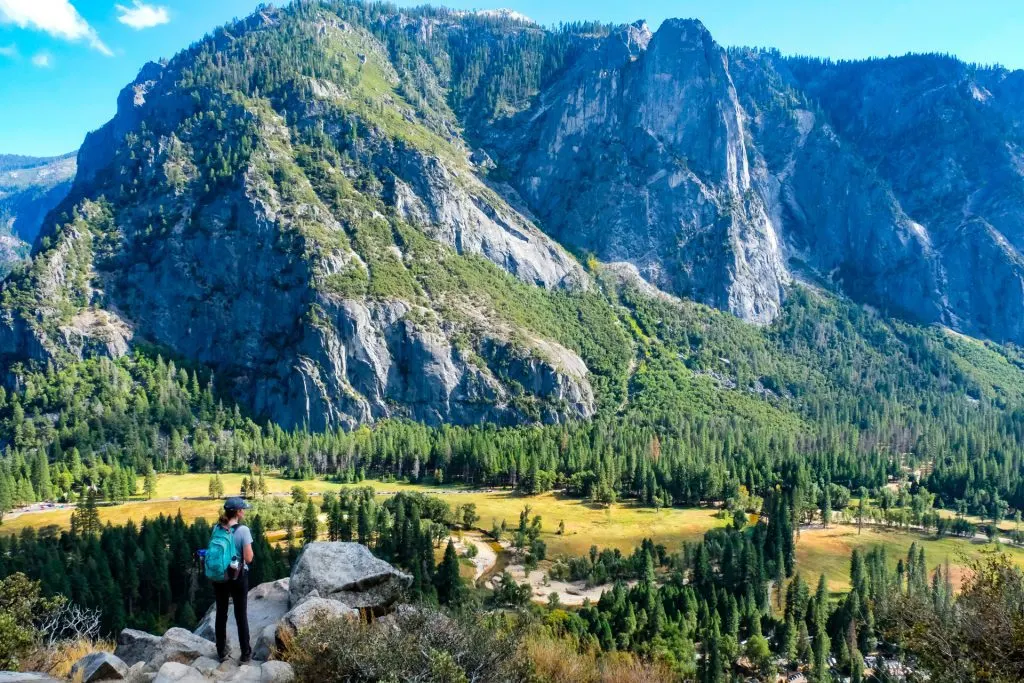Up to 50% Clearance Clothing & Footwear + Extra 25% Off REI Outlet.

We joke a lot here at Terradrift. We laugh about getting on the wrong bus and hitchhiking in strange places and constantly looking like dirty backpackers…Cause we’re jokers. We like to laugh. And we like to make others laugh. And we’ve been a lot of places and met a lot of people that made us laugh. But as amazing and adrenaline-pumping and exciting as travel often is, coming home, and the post-travel depression that comes with it, can bring the same level of heaviness and disconnectedness.
I know, heavy, right?
Too heavy? To be honest, I thought about not even publishing a post like this. Who wants to read a post about how we go to awesome places and then come home and get depressed? But we’re about keeping it real here at Terradrift, and that includes the downers.
Cause the truth is, coming home is hard and post-travel depression is real. Almost always. Sure, a week-long jaunt to Guatemala or Washington is no big deal. If the trip was short and sweet, well great! We had a blast and now we go home! But if we spend two months driving to Alaska or backpacking around Europe or nine months in Australia, that’s another story.
Because when you’re life has changed dramatically and you’re used to life on the road or in a hostel or in a tent, coming home to real life is, well, weird. Yeah, you have a safe space that’s all yours, a proper bathroom, showers when you want them and complete control over your diet, but no adventure. There’s no risk or cost or excitement. Life suddenly feels claustrophobic and too real.
This last trip, after spending 2 months on the road, we were both totally obliterated. The trip had been amazing, but as we snuggled into our own bed, everything just felt wrong. We felt cut off from nature, from the environment around us. We felt too protected and too safe. We felt complacent and empty. There was nothing left to plan, no adventures to prepare for, no deadlines to schedule around backpacking trips or stretches of road with no cell service or wifi. It was like the excitement of living had been extinguished and we were left floating somewhere in the dark, unsure of what to do next.
Sure, it was great to see our friends and catch up on all we had missed and return to all of our favorite restaurants, but it wasn’t enough anymore. Life seemed to have slowed down, like everything was happening at 1/2 speed. And there was nothing new to get stoked about anymore. Tomorrow wouldn’t hold a new hike or surprising views or mountain ranges we had never seen before. It would just contain work, the gym, lunch, maybe drinks with friends if we were lucky. Everything was familiar, and we didn’t like it.
Even weeks later, it seemed we hadn’t settled in yet. A surprising anxiety clung on, hiding for a week or two, just to pop out and agitate us just when we thought we were getting used to “normal” life. We may have consciously thought it was all becoming comfortably familiar again, but subconsciously, our minds and bodies knew there was something wrong. Why weren’t we breathing fresh air every day? Feeling the sun on our skin? Arguing over which route to take? Checking to see if all our camera batteries were charged? Catching our breath at an awe-inspiring vista? This working in an office, even if it was all ours, meal-prepping, being in bed by 11, something inside of us sensed something was missing. And that something was travel.
The good news is, much like grief, post-travel depression comes and goes in stages (maybe you read our slightly more humorous post about it) and eventually abates. Or at least softens into a dull, nagging ache to get out there and do it all over again. Two months after we returned home, we’re back to normal. This is not to say we’re not pining for our next adventure or becoming complacent and comfortable in day-to-day life, but we’re content to be in the in-between (not to be confused with the upside-down…).
So if you’re caught in that sticky place between the end of an adventure and the monotony of “real life,” don’t despair. It gets better, I swear. You know what helps? Planning your next big excursion. Wander on!
Alisha is a freelance outdoor journalist and photographer based in Ogden, UT. She loves backpacking, hiking, mountain biking, kayaking and snowboarding (even though she’s terrible at it). She’s also pretty sure she’s addicted to coffee. alishamcdarris.com
